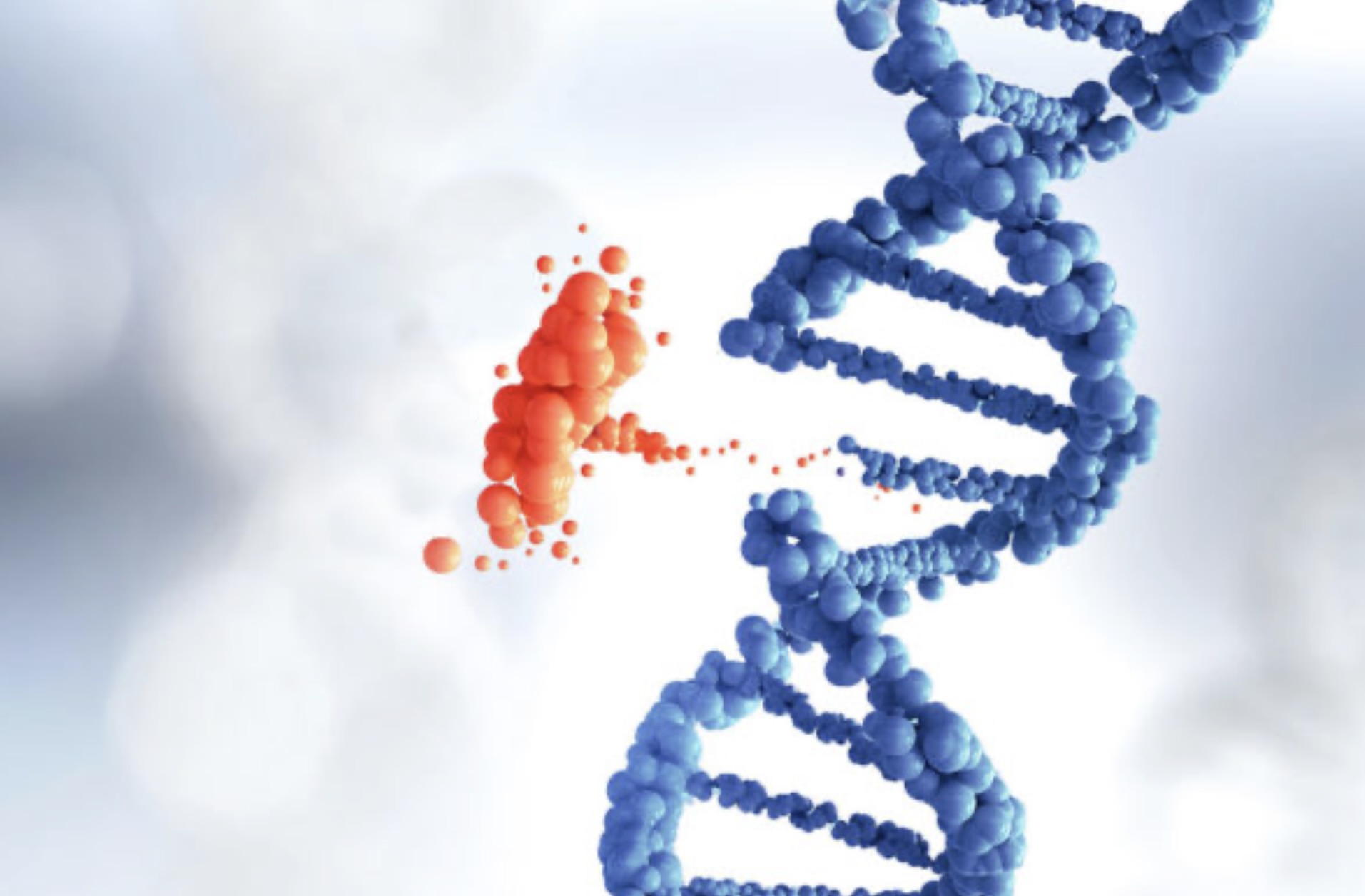Huntington’s Disease: Symptoms, Causes, Treatment
What are the symptoms of Huntington’s disease?
Huntington’s disease is a genetic disorder that affects the brain, causing progressive damage to nerve cells. The symptoms of Huntington’s disease can vary widely from person to person, but they generally fall into three categories: motor symptoms, cognitive symptoms, and psychiatric symptoms.
- Motor symptoms: These are often the first signs of Huntington’s disease and typically appear between the ages of 30 and 50, although they can occur at any age. Motor symptoms of Huntington’s disease include:
- Involuntary movements, such as jerking or writhing motions (chorea)
- Muscle rigidity
- Slow or abnormal eye movements
- Impaired coordination and balance
- Difficulty walking or speaking
- Cognitive symptoms: These symptoms involve changes in thinking, reasoning, and memory. Cognitive symptoms of Huntington’s disease can include:
- Difficulty organizing, prioritizing, or focusing on tasks
- Impaired judgment and decision-making
- Memory lapses or forgetfulness
- Slowed processing speed
- Psychiatric symptoms: Huntington’s disease can also cause psychiatric symptoms, which can include:
- Depression
- Irritability or mood swings
- Anxiety
- Aggression or impulsivity
- Social withdrawal
The symptoms of Huntington’s disease worsen over time, and the rate of progression can vary. In the later stages of the disease, individuals may require full-time care due to the severity of their symptoms. If you or someone you know is experiencing symptoms of Huntington’s disease, it’s important to see a healthcare provider for an accurate diagnosis and appropriate management.
What are the causes of Huntington’s disease?
Huntington’s disease is caused by a mutation in the HTT gene, which provides instructions for making a protein called huntingtin. The mutation results in an abnormal form of the huntingtin protein, which leads to the progressive degeneration of nerve cells in certain areas of the brain, particularly the basal ganglia and cerebral cortex.
The mutation that causes Huntington’s disease is known as a CAG trinucleotide repeat expansion, where the CAG sequence is repeated multiple times within the gene. The number of CAG repeats determines the age of onset and severity of the disease. People with fewer than 36 repeats usually do not develop Huntington’s disease, while those with 36 to 39 repeats may or may not develop the disease, and those with 40 or more repeats will almost certainly develop Huntington’s disease at some point in their lives.
The mutated huntingtin protein interferes with normal cellular processes, leading to neuronal dysfunction and eventually cell death. The loss of nerve cells in the brain, particularly in the basal ganglia, disrupts the coordination of movement and other critical functions, resulting in the motor, cognitive, and psychiatric symptoms characteristic of Huntington’s disease.
What is the treatment for Huntington’s disease?
Currently, there is no cure for Huntington’s disease, and treatment focuses on managing symptoms and improving quality of life. Treatment for Huntington’s disease typically involves a multidisciplinary approach, including medications, therapy, and support services.
- Medications: Medications may be prescribed to help manage symptoms of Huntington’s disease, such as:
- Antipsychotic medications: These can help manage psychiatric symptoms such as hallucinations, delusions, and aggressive behavior.
- Antidepressants: These may be prescribed to help manage depression and anxiety.
- Tetrabenazine: This medication can help reduce chorea (involuntary movements) in some people with Huntington’s disease.
- Therapy: Physical therapy, occupational therapy, and speech therapy can help maintain mobility, independence, and communication skills as the disease progresses. These therapies can also help manage symptoms such as muscle rigidity and difficulty swallowing.
- Support services: Counseling and support groups can provide emotional support and coping strategies for individuals with Huntington’s disease and their families.
- Genetic counseling: Genetic counseling is recommended for individuals with a family history of Huntington’s disease. Genetic testing can determine if a person carries the gene mutation that causes the disease and can help individuals make informed decisions about family planning and other life choices.
- Research: There is ongoing research into potential treatments for Huntington’s disease, including gene therapy, stem cell therapy, and other experimental treatments aimed at slowing or stopping the progression of the disease. Clinical trials are underway to evaluate these potential treatments.
It’s important for individuals with Huntington’s disease to work closely with a healthcare team that specializes in the management of the disease to develop a comprehensive treatment plan tailored to their specific needs.




